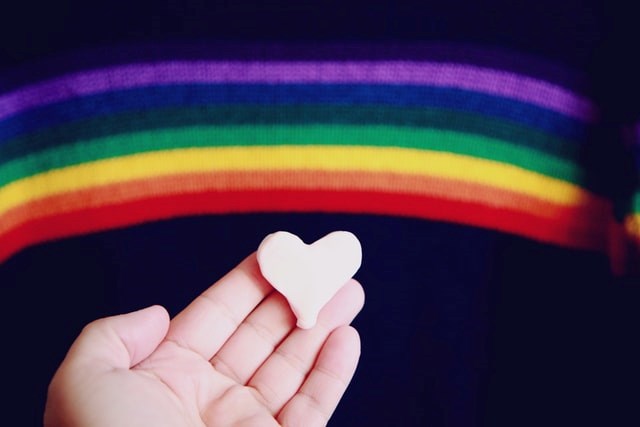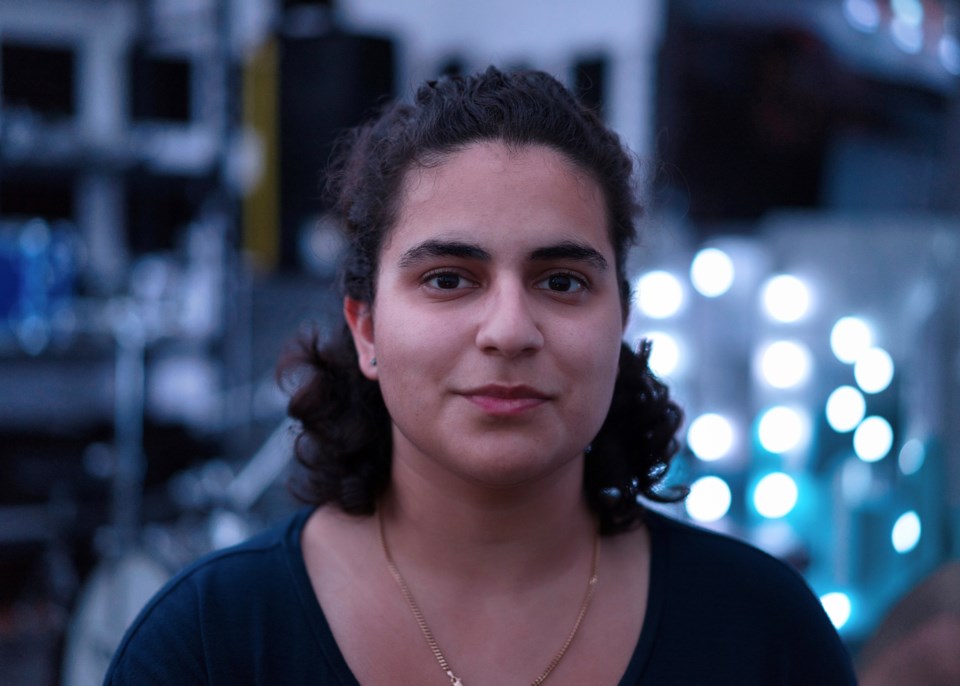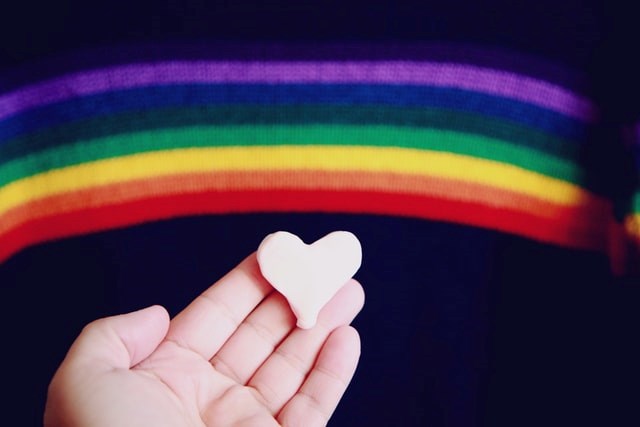 In the Baha’i writings, there is a well known quote by Baha’u’llah, written from God’s perspective about Justice. It describes Justice (written with a capital “J”) as the best beloved of all things in God’s sight, as a gift from God to humanity, and the sign of His loving-kindness.
In the Baha’i writings, there is a well known quote by Baha’u’llah, written from God’s perspective about Justice. It describes Justice (written with a capital “J”) as the best beloved of all things in God’s sight, as a gift from God to humanity, and the sign of His loving-kindness.
These days, when the concept of justice is brought up, one may think of lawyers and court, of prison sentences, of insurance settlements, maybe even of children losing their iPad privileges because of a broken rule. It’s easy to associate justice with punishment and reward. What is to lose, and what is to gain? The answer we’re used to is usually either money or time.
But what about Justice with a capital J? The primitive and material justice we are familiar with is a shadow derived from our instinct of what is described in Baha’u’llah’s writings. One sentence from the above mentioned quote stands out:
“By its aid thou shalt see with thine own eyes and not through the eyes of others, and shalt know of thine own knowledge and not through the knowledge of thy neighbor.”
One of the fundamental principles of the Baha’i Faith is something called the “Independent Investigation of Truth”. This is the concept that each person must take responsibility for researching the things they consider to be important. To me, this quote is saying that by the aid of Justice, we can find the truth, and that can only be done on an individual level.
This brings us to the big question: what is Justice?
A sacred and spiritual notion of Justice relies heavily on empathy. Once, when I was a child, I stole a plastic bracelet from a classmate; I was never found out. In fact, I never heard from anyone that my classmate had reported the bracelet stolen, or so much as even noticed it was gone. Here’s the kicker though: I was racked with guilt for the rest of the school year. I never had the guts to wear the bracelet, nor the bravery to return it and apologize. Instead, I wallowed in guilt and came to hate the bracelet. Looking back today, I cannot think of a more clear and simple example of Justice in my life.
Life, however, is not simple. As we grow up, our lives become deeply complicated, and chances are our sense of Justice with a capital J has dampened. Life sweeps us up in a tornado of problems and issues, often earthly and materialistic, and we forget to take care of our spirits. When we possess a pure, kindly, and radiant heart, it can be easier to see when Justice happens: helping a neighbour feels good, a smile given earns a smile in return, and snapping at a customer service representative brings about a feeling of guilt.
This is all to say that when we take the time to nurture our spirits, our sense of empathy and spiritual Justice is sharpened, and that sense of Justice is not always aligned with our traditional view of legal justice. Within this Justice lies fundamental truths about our spiritual existences.
You don’t have to take my word for it, though.
 Emily Mahbobi, BMus (UVic), is a pianist, composer, and music teacher in Victoria, BC. She is a member of the keyboard faculty at the Victoria Conservatory of Music, and a part-owner of Quadratic Sound. Emily is a member of the Baha’i Community
Emily Mahbobi, BMus (UVic), is a pianist, composer, and music teacher in Victoria, BC. She is a member of the keyboard faculty at the Victoria Conservatory of Music, and a part-owner of Quadratic Sound. Emily is a member of the Baha’i Community
You can read more articles on our interfsith blog, Spirituallly Speaking, HERE
* This article was published in the print edition of the Times Coloniost on Saturday, November 28th 2020
Photo by ���Dz���



